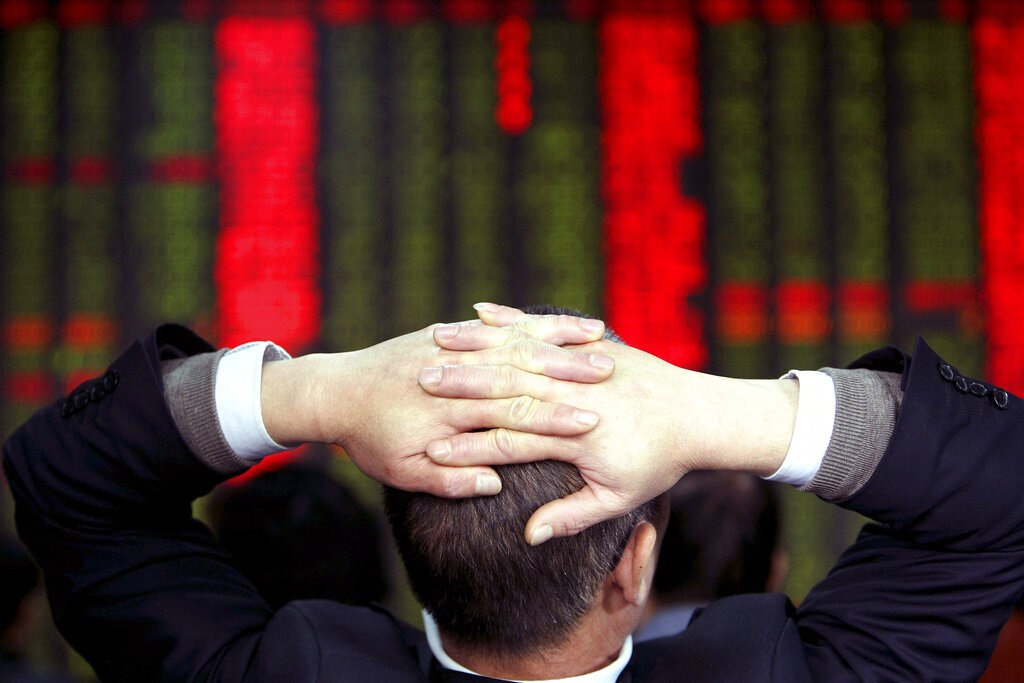
Chinese stocks have been on a wild roller-coaster ride recently. Many big names were under intense selling, as markets reacted to various risks, both domestically and abroad. China ordered 17.5 million Shenzhen residents into a week-long lockdown as the city saw a surge in coronavirus cases. Outside of the country, the U.S. has moved closer to delisting some of the Chinese shares that trade on the New York Stock Exchange and NASDAQ.
The Hang Seng Index refreshed its six-year low and recorded a 21.3% plunge year-to-date. Its sub-index, Hang Seng Tech was even more severely bruised, down nearly 40%. The broad-based Morningstar China Index fell 28.5% over the same period. Even as opportunistic investors started to bottom fish, Chinese state media hinted at government support in progressing toward a cooperation plan with the U.S. As a result, major Chinese tech firms in Hong Kong markets recorded as much as 30% single-day gain on Wednesday.
However, despite this single-day rebound, the delisting concerns still underlie investors’ portfolios. Ivan Su, senior equity analyst at Morningstar, commented: “The SEC identifies what companies are subject to delisting as early as when the firm files its annual report. Therefore, we expect more Chinese ADRs to be included in the Provisional List over the next few weeks.”
The first batch of five firms cited by the U.S. Securities and Exchange Commission will have time until the end of March to show proof of audit compliance, or else they will have to delist from the New York bourse by 2024. They are: fast-food chain operator Yum China (YUMC), wafer processing solution provider ACM Research (ACMR), and bio-pharma firms BeiGene (BGNE), Zai Lab (ZLAB), and HutchMed (HCM), which is a biopharmaceutical producer arm under Hong Kong’s CK Hutchison (CKHUF).
What About ETF Investors?
Investors in ETFs are also worried about a potential delisting.
Jackie Choy, director of ETF research, Asia at Morningstar says a switch to other listings is not unprecedented. “In the case that a company only has an ADR listing, closer to the delisting date, such delisting would be reflected in the index. Hence, the ETF would be selling out the positions. For companies that obtain a listing other than ADR, the index provider would reflect that change and ETF managers can follow suit.”
According to Morningstar Direct data, in the US$ 37 billion China equity ETF market in the U.S., 16% of assets would be exposed to the risk and 5% of those assets buy into Chinese names that are currently listed on the U.S. bourses only.
Dig Under the Surface
Knowing your ETF investments is about more than just the listing destination of constituents. “In ETF investments, it is important to understand what the index consists of. This drives the portfolio itself, which in turn drives the performance profile of the ETF,” Choy says.
While the regulators of the two countries are still in the middle of discussions to resolve the audit impasse, Choy adds that it remains critical for investors to keep abreast with the fluid developments and the resultant impacts on the existing and future investments.
Search for any ETF investing Chinese ADRs here, with the fund name or the ticker.
Across global ETF products, the US$ 212 million Invesco Golden Dragon China ETF (PGJ) is a Chinese ADR portfolio. Other ETFs with high ADR exposure include two tech-focused trackers, KraneShares CSI China Internet ETF (KWEB) and Hong Kong-listed Samsung CSI China Dragon Internet ETF (02812), each investing 50% of their assets in Chinese ADRs. The Samsung product has more dual listing names.
Moreover, KWEB’s manager KraneShares, which runs US$ 6.9 billion in the fund, announced last Friday that it would progress to a full transition to holding the Hong Kong listings. The firm writes in a recent note: “We believe a compromise between the U.S. and Chinese regulators is still attainable, but we are converting our ADR holdings to Hong Kong shares because we believe doing so is in the best interest of our clients.” The firm expects the portfolio to be comprised of solely Hong Kong listings by the end of 2022 driven by continued US ADR conversion and re-listings in Hong Kong.
Who Owns Names on SEC’s List?
We looked at Morningstar Direct data to identify some of the largest owners of the five names that were first identified by the U.S. SEC. As of Feb. 28, by position market value, iShares MSCI China ETF (MCHI), which has US$ 6.4 billion under management, is the largest holder of the batch.
In terms of portfolio weighting, since BeiGene, HutchMed, and Zai Lab all belong to the healthcare segment of the market, the largest owners come more from the thematic products. For example, Global X MSCI China Health Care ETF (CHIH) is among the top owners of BeiGene (5.9%), HutchMed (1.8%), and Zai Lab (2.7%) out of its AUM. For Yum China,
Global X MSCI China Consumer Disc ETF (CHIQ) and KraneShares MSCI China ESG Leaders ETF (KESG) top all other ETFs by owning 4.1% and 2.6% of the fast food chain shares in their respective portfolio.
From a broader perspective, what are some common ADR holdings in U.S. ETFs?
Search engine Baidu (BIDU) is the top stock holding in U.S. ETFs, tracked by more than US$ 750 million in passive money. E-commerce platforms Alibaba Group (BABA), JD.com (JD), and Pinduoduo (PDD) followed.
Delisting Implications for Stock Investors
These five names, among a great quantity of other Chinese ADRs, are investible by the U.S. and global investors and are tracked by ETF instruments listed globally. What would be the implications for stock and passive fund investors if delisting takes place in the end?
Lorraine Tan, director of equity research, Asia at Morningstar, cites a previous delisting example of CNOOC Ltd. and expects minimal implication on their valuations.
“We have seen CNOOC Ltd convert its ADRs into its Hong Kong shares in December 2021. There is a set process that investors will have to refer to if this should happen. As each ADR represented 100 Hong Kong shares, there is no impact on the valuation of the company and hence the ADR.”
She notes that there is a fee involved, but it should not be significant. In CNOOC’s case, the conversion into shares listed in Hong Kong cost investors US$ 5 per 100 ADRs.
Tan continues: “The alternative is to sell [the ADRs] and buy the Hong Kong shares if the investor wants to retain their holdings and prefers not to wait for the mandatory conversion period. In the meantime, we should expect more notices from the SEC to the companies with China businesses listed in the U.S.”
Other than the conversion procedure, investors should also be mindful of potential risks derived from the trading volume and liquidity issues that ensue. A majority of the trading of these Chinese ADRs currently takes place in the U.S. For instance, one of the companies named by the SEC, Yum China sees its primary trading activity on the U.S. bourses, which generates more than 90% of the total trading volume.
In Morningstar’s equity coverage, most of the ADRs are backed by shares in the company and these are listed in other markets, commonly known as a dual-listing share.
©2022 Morningstar. All rights reserved. The information, data, analyses and opinions presented herein do not constitute investment advice; are provided as of the date written, solely for informational purposes; and subject to change at any time without notice. This content is not an offer to buy or sell any particular security and is not warranted to be correct, complete or accurate. Past performance is not a guarantee of future results. The Morningstar name and logo are registered marks of Morningstar, Inc. This article includes proprietary materials of Morningstar; reproduction, transcription or other use, by any means, in whole or in part, without prior, written consent of Morningstar is prohibited. This article is intended for general circulation, and does not take into account the specific investment objectives, financial situation or particular needs of any particular person. Investors should consult a financial adviser regarding the suitability of any investment product, taking into account their specific investment objectives, financial situation or particular needs, before making any investment decisions. Morningstar Investment Management Asia Limited is licensed and regulated by the Hong Kong Securities and Futures Commission to provide investment research and investment advisory services to professional investors only. Morningstar Investment Adviser Singapore Pte. Limited is licensed by the Monetary Authority of Singapore to provide financial advisory services in Singapore. Either Morningstar Investment Management Asia Limited or Morningstar Investment Adviser Singapore Pte. Limited will be the entity responsible for the creation and distribution of the research services described in this article.






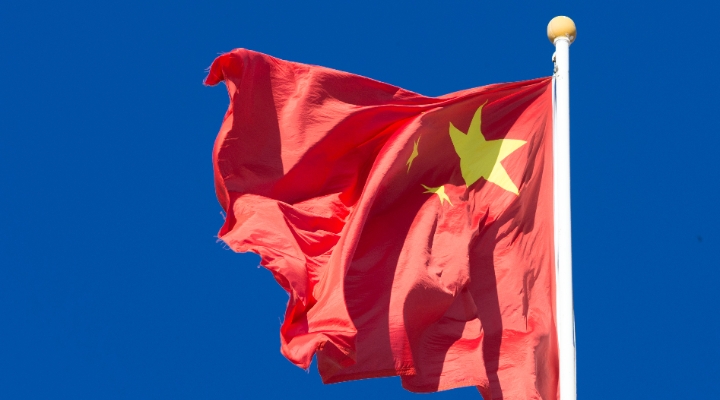

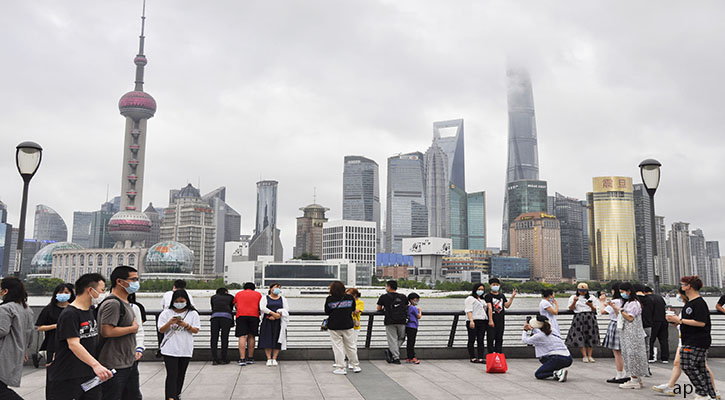
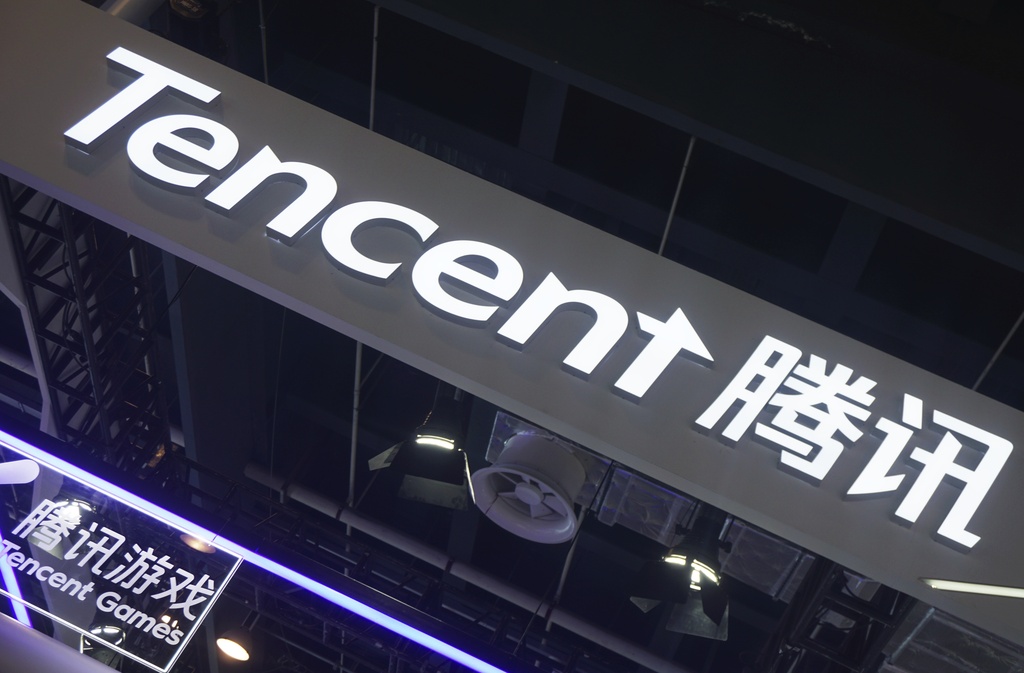

.png)



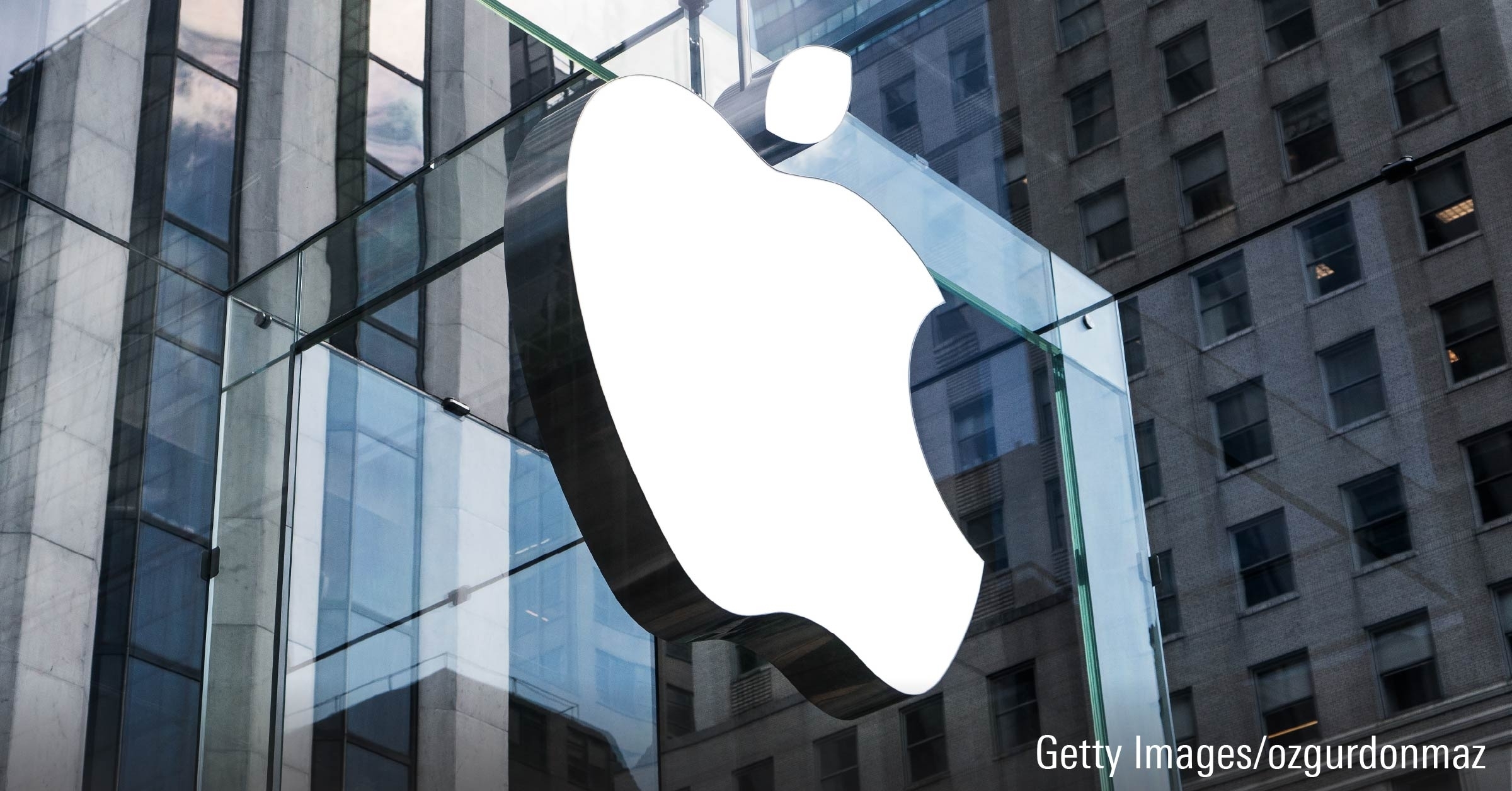




.jpg)





